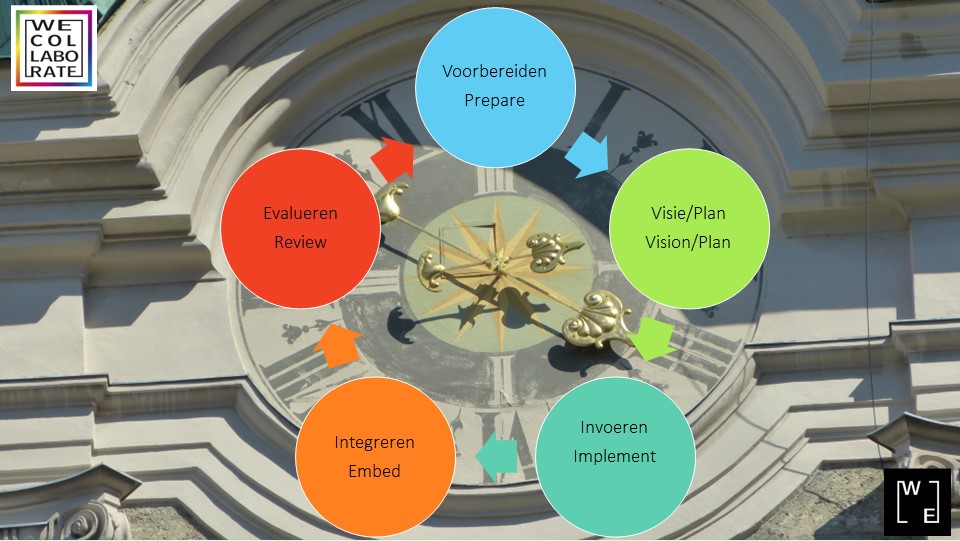Management of Change

Change is, on average, not people's favorite pastime; although we say that life shouldn't get boring, but in reality, we often prefer to do the things we always do.
This also applies to companies, management and employees!
And so, it is often the reason to subject this fallible human being to rules, procedures and checklists.
Every medium-sized and large company has a protocol called "Management of Change" and consists of 5 steps to be taken: from Preparation, Vision and Plan to Embedding and Review after Implementation.
Usually, the team that reviews and approves the request, with or without critical comments, consists of specialists and managers from the relevant departments or process groups.
The goal is clear: Changes are inevitable, but a structured and standardised approach can guide this process in a safe and efficient manner and then secure it in the various Management Systems and Organisation.
My experience from the Engineering Plastics production process is that this is carried out with the utmost care and conscientious systematic procedure, also in accordance with the various ISO standards. There are separate protocols for raw materials, processes and organisation.
But is this enough?
In my opinion, the protocols have expanded enormously, motivated mostly by risk-avoiding behaviour, and the organisation has become bureaucratic. An enormous number of documents must be supplied with very extensive checklists to be completed. I recently read (dutch quote translated): “Bureaucratic organisations have separated thinking and doing”....it makes you think!
It is also justified to raise the question of whether the assessment team has sufficient knowledge of the content, is there enough expertise to actually properly assess the application?
And perhaps more importantly: what is the actual status quo?
How often does it happen that a manager is responsible for a (part of a) process or procedure and does not or insufficiently know this? How often does one person have such a stack of responsibilities that she/he can impossibly know the full extent of it? How often does it happen that employees work slightly differently than stated on paper, because it is easier or because a device works slightly differently? How often does it happen that work instructions are so extensive that it is almost impossible to follow the protocol exactly? How often does it happen that employees follow a training online via the standard training program, with some simple exam questions, but so few “practical exams” are taken? How often does it happen that, with all good intentions and in accordance with ISO standards, internal audits are carried out by employees from other departments who look at the situation with "different" eyes, but certainly not with more expertise (!)? How often does it happen that too much work needs to be done with too few employees and keeping knowledge up to date and training employees falls short? How often does it happen that not all data and properties of a new raw material are known yet, but the test program must continue, how do you deal with process and employee safety? How often is faulty protection or security found in the "Technical Safety Life Cycle", despite all PVAs, MSAs, JSAs, VABAs, etc.? And how often does an experienced employee leave a company without her/his knowledge and skills being recorded and at least transferred to a new employee?
Any change becomes riskier if reality does not match what is written on paper. Organisations often have too little insight into the practice and actual performance of and by employees.
So maybe you should take a step back, take a really good look at all protocols and their feasibility, decrease bureaucracy and reduce protocols to their essence and add “Paper vs Practice” as step 0 to the "Management of Change"!
That requires a different management, that requires a different relationship to the ISO standards and that requires giving employees more time to keep their knowledge up to date.... that may even require you to produce a ton less!
Change the world, start with yourself...Find the blind spot in your organisation!
Feel free to contact us or request a quotation




